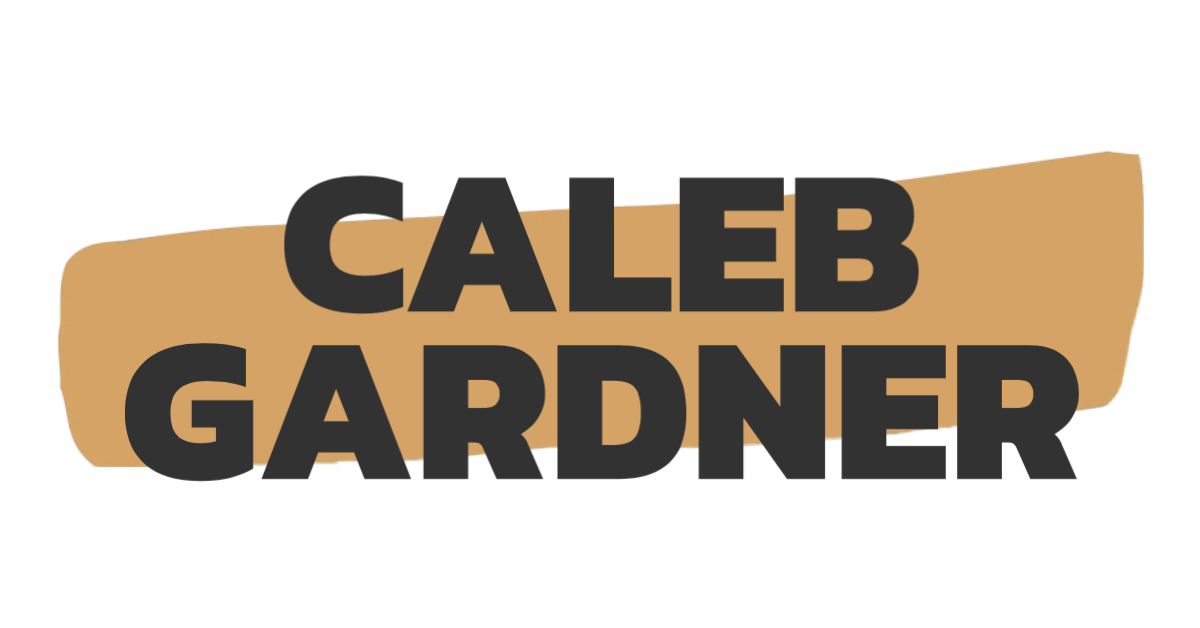Whether or not you agreed with the FDA and CDC’s decision to pause the Johnson & Johnson vaccine distribution this week (and there was a lot of debate), how the pause was communicated left a lot to be desired—and Facebook, once again, filled the conspiracy theory void
Important read from journalist Charlie Warzel about how irreparably broken Twitter’s Trending Topics are
Is this the dawn of the B2B sharing economy?
I’ve mostly stayed off of social media for the past few months — not because I’m taking any kind of intentional detox, but because I’ve had a hard time figuring out the right role of social for myself, a recovering evangelist about social media’s power who is now increasingly ambivalent about its effects on society.
Chrissy Teigen put it succinctly when she recently quit Twitter: “This no longer serves me as positively as it serves me negatively.” One could apply that logic to the entire social industrial complex, which has an oversized effect on our interpretation of reality.
There’s a classic thought experiment in change management called a burning platform.
From a 1993 book by Daryl R. Conner called “Managing at the Speed of Change”, it describes a situation in which maintaining the status quo is so costly, so detrimental to the business, that the level of resolve to change becomes a no-brainer. The metaphor Conner uses is is a literal platform on fire: you have to jump, because the status quo means certain death.
Read MoreNow that we officially have a vaccine, focus has understandably shifted to how exactly it will be distributed, and by when. We are almost certainly headed back to some version of normal by the back half of 2021.
Which begs the question: what will that new version of normal look like?
Read MoreLoved this outline of an anti-racist business strategy. Bottom line: it’s not enough to think your company isn’t racist; we have to build actively anti-racist businesses.
Related: The data we use to build our tech platforms encodes systematic racism.
Thinking of telling that little white lie? Dishonesty is a slippery slope, according to science.
Was I happy when I heard that the FTC and more than 40 states were accusing Facebook of anti-competitive behavior and demanding they spin off Instagram and WhatsApp? Happy is an understatement. I was ecstatic.
Digging into the details, this seems like an important first step, but a difficult one. Anti-competitive behavior is hard to prove—especially when those acquisitions were approved less than a decade ago—though in this case it’s pretty well known how Facebook has had a chilling effect on the social media industry with its buy, copy, or kill approach.
The problem is in the framing: thinking of Facebook as a social media company.
Read MoreHow hard is it to turn a culture around? Harder than you think.
We like to think of organizations in terms of rational outputs: finance, marketing, manufacturing. But each work stream is made up of individuals responding to internal cultural influences. Each component of an organization is working toward an end, and sometimes changing that end mid-stream is like trying to get a river to run a different direction.
Read More

